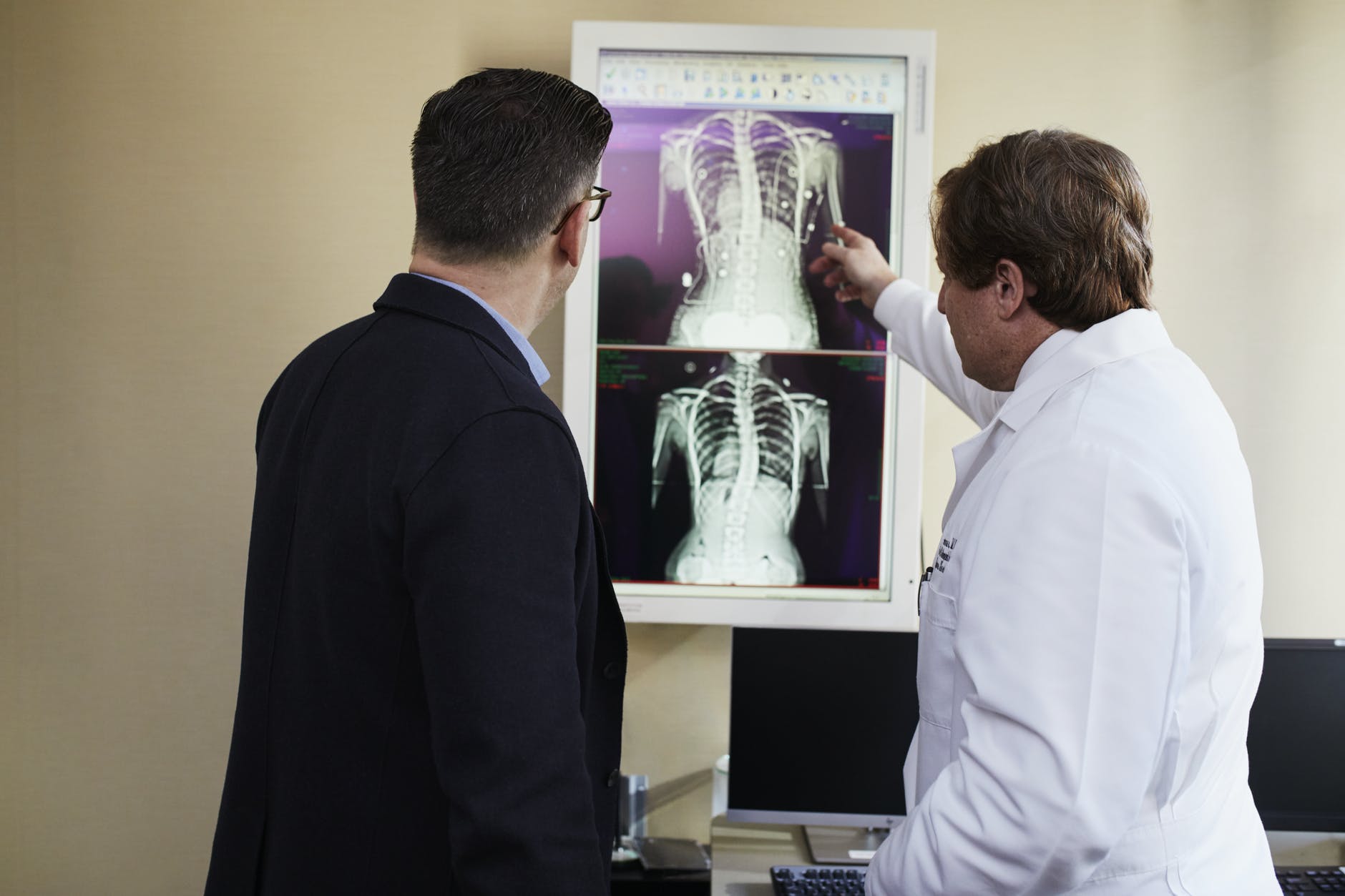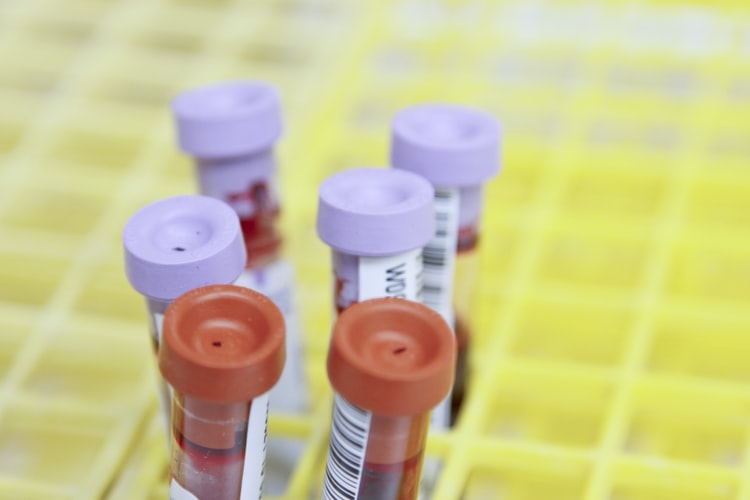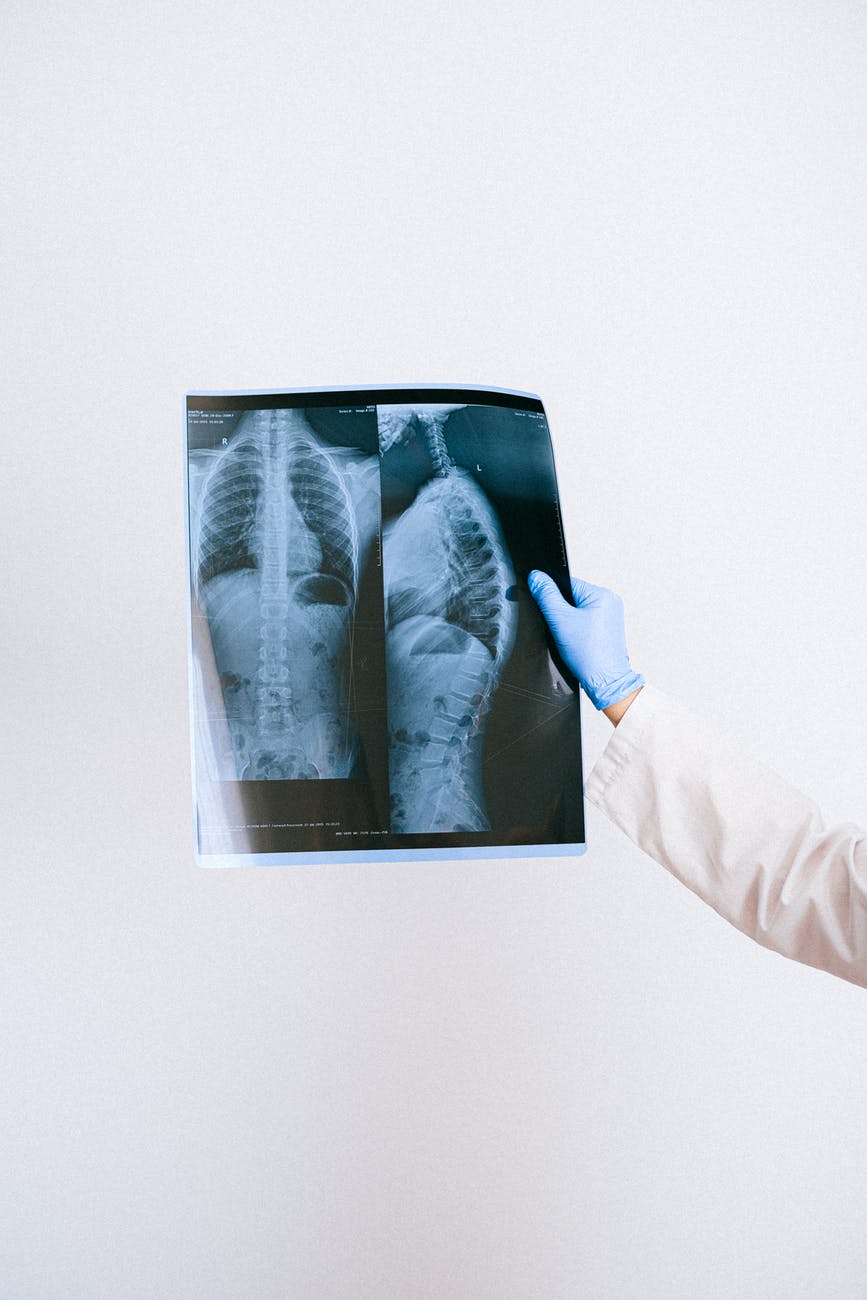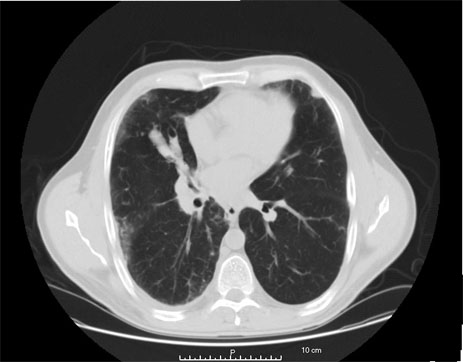Mesothelioma is a rare form of cancer that is caused by asbestos inhalation and exposure and must be diagnosed by a mesothelioma specialist.
Diagnosis
If you are being tested for this type of cancer, an oncologist will first run a series of tests. Then, the oncologists will review the scans and decide on the best course of action if mesothelioma is diagnosed.

How Do You Get A Mesothelioma Diagnosis?
The first step in receiving a mesothelioma diagnosis is seeking medical attention about symptoms.
There are several symptoms associated with mesothelioma and they can be confused for symptoms of other, less serious health conditions.

Some of the Symptoms of Mesothelioma Include:
-
Abdominal pain and swelling
-
Wight loss that cannot be explained
-
Fatigue
-
Diarrhea
-
Constipation
-
Loss of apetite
-
Fever
-
Nausea
-
Night sweats
A combination of these symptoms plus a history of exposure to asbestos will likely lead to a doctor testing you for mesothelioma.
The first steps in terms of testing include chest x-rays and CT scans. If there are any abnormal results on these scans, you will be sent to an oncologist, and there will likely be more testing done.

After doing more testing including imaging scans and bloodwork, or even biopsies if necessary, a mesothelioma diagnosis can be confirmed.

What to Tell Your Doctor
It’s important to tell your doctor any of the symptoms you’ve been having and the length of time they have occurred. If you know you have been exposed to asbestos for any length of time, it’s really important to let your doctor know all the details of that exposure.

Provide your doctor with complete work history
You will also want to provide your doctor with complete work history. Mesothelioma develops very slowly over time, often some 20-50 years after the initial exposure.
Even if you are not aware of any asbestos exposure, there is a possibility that one of the industries you worked in was exposing you to asbestos without your knowledge. If you are diagnosed with mesothelioma, you may also have a legal case where you could qualify for a settlement.

Testing for Mesothelioma
There are several different tests one must undergo to test for mesothelioma. One of these tests is an X-ray. This test is used to take internal images of your body where doctors can identify tumors or excessive fluid that may indicate cancer.

CT scans are used to take more detailed images than an X-ray can, giving doctors a more precise look at what is going on. A CT scan would likely follow an x-ray if something concerning was found.
An MRI takes even more precise images, making it easier for doctors to differentiate between issues in the bone, tissue, and nerves.
A PET scan is essentially the same as a CT scan, but the patient is injected with radioactive substances that make damaged cells show up on scans. Inflamed cells can be a sign of cancer.

Biopsies
Even with all of the tests listed above, a mesothelioma diagnosis can not be made until a biopsy has been performed. A biopsy is when a surgeon removes some of the potentially cancerous cells to test them.
Your doctor will decide which type of biopsy is most appropriate for your symptoms and imaging examination.
Challenges in Diagnosis
A very important but challenging part of a mesothelioma diagnosis is figuring out at what stage your cancer is. The stage determines the course of treatment. Once you have a mesothelioma diagnosis, treatment will move forward very quickly so you can have the best possible life expectancy outcomes.

Clinical staging, or the determination of what stage the cancer is, is when images from all images and biopsies are used to determine the stage. These images will be used to determine how prolific, or widespread, the cancer is.

Surgical staging is when minimally invasive surgeries are conducted to determine just how widespread the cancer is. These tests can show if the cancer has spread to other parts of the body and if it’s present in the lymph nodes.

Misdiagnosis
Misdiagnosis is possible. There’s a possibility that your symptoms and imaging is more indicative of a different type of cancer that can potentially be treated more easily than mesothelioma can. Other forms of cancer can also have a longer life expectancy.
Some other common diseases that are sometimes mistaken for mesothelioma include heart failure, irritable bowel syndrome, and coronary heart disease.
All of these are serious diseases that require immediate treatment as well.
What To Do If You Are Diagnosed With Mesothelioma
If you are diagnosed with mesothelioma, it can never hurt to go ahead and seek another medical opinion. There are doctors who specialize in mesothelioma who would gladly give you a second opinion.
Mesothelioma is a serious diagnosis and you want to be sure it is correct

If you have a definite diagnosis, make sure that you speak with your doctor and make sure you fully understand your treatment plan and any options that you have. There are some clinical trials that you could potentially qualify for, but your doctor will have a better idea of what is open to you in your stage of mesothelioma, as well as your age and overall health.

Know that you can still enjoy life even with a mesothelioma diagnosis. Make changes to your lifestyle like spending more time exercising every week and choosing foods that support a healthy, well-rounded diet. Diet and exercise improve your overall health, which can help you heal during your treatment and even extend your life expectancy.

 Rae Steinbach
Rae Steinbach